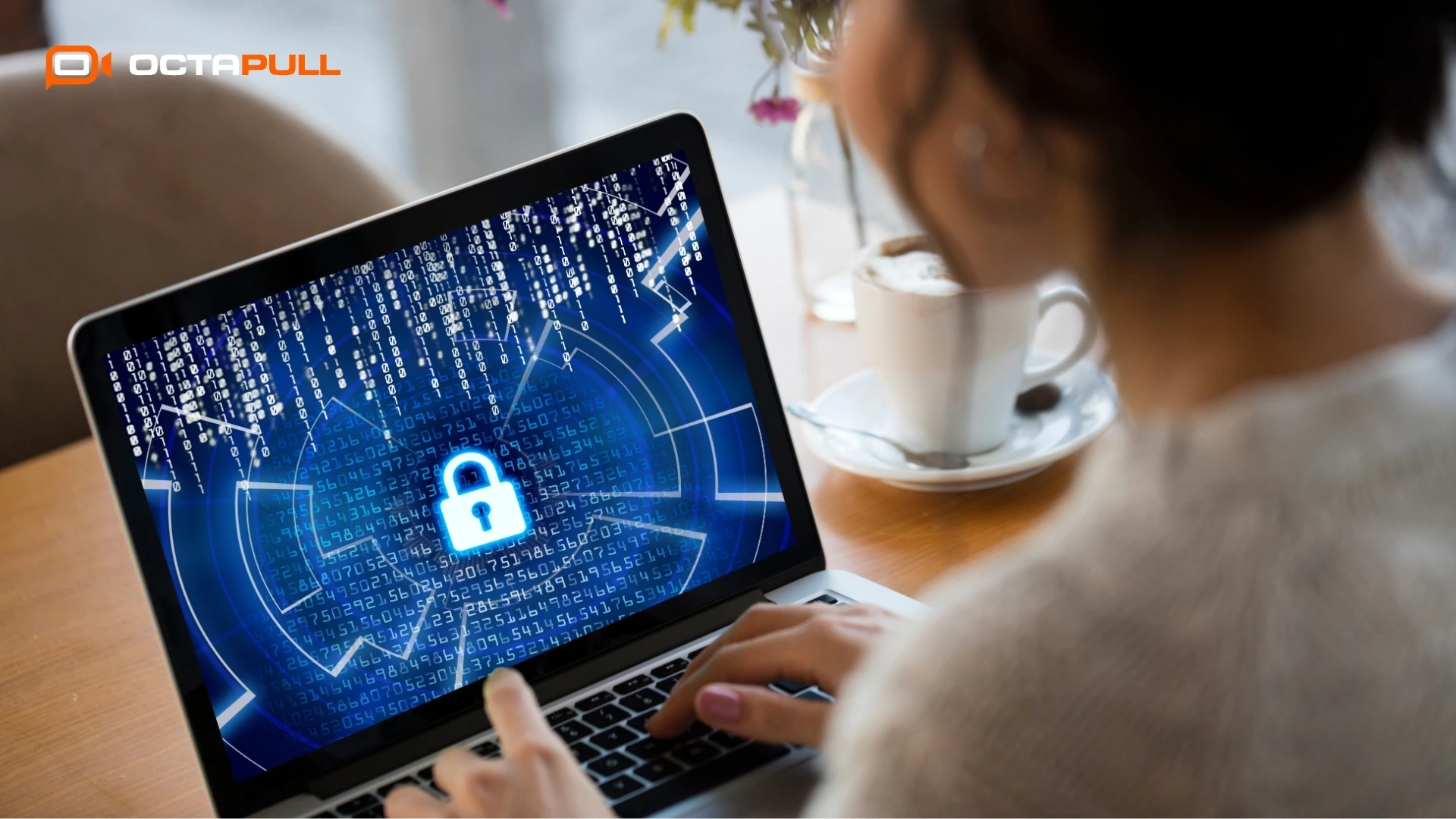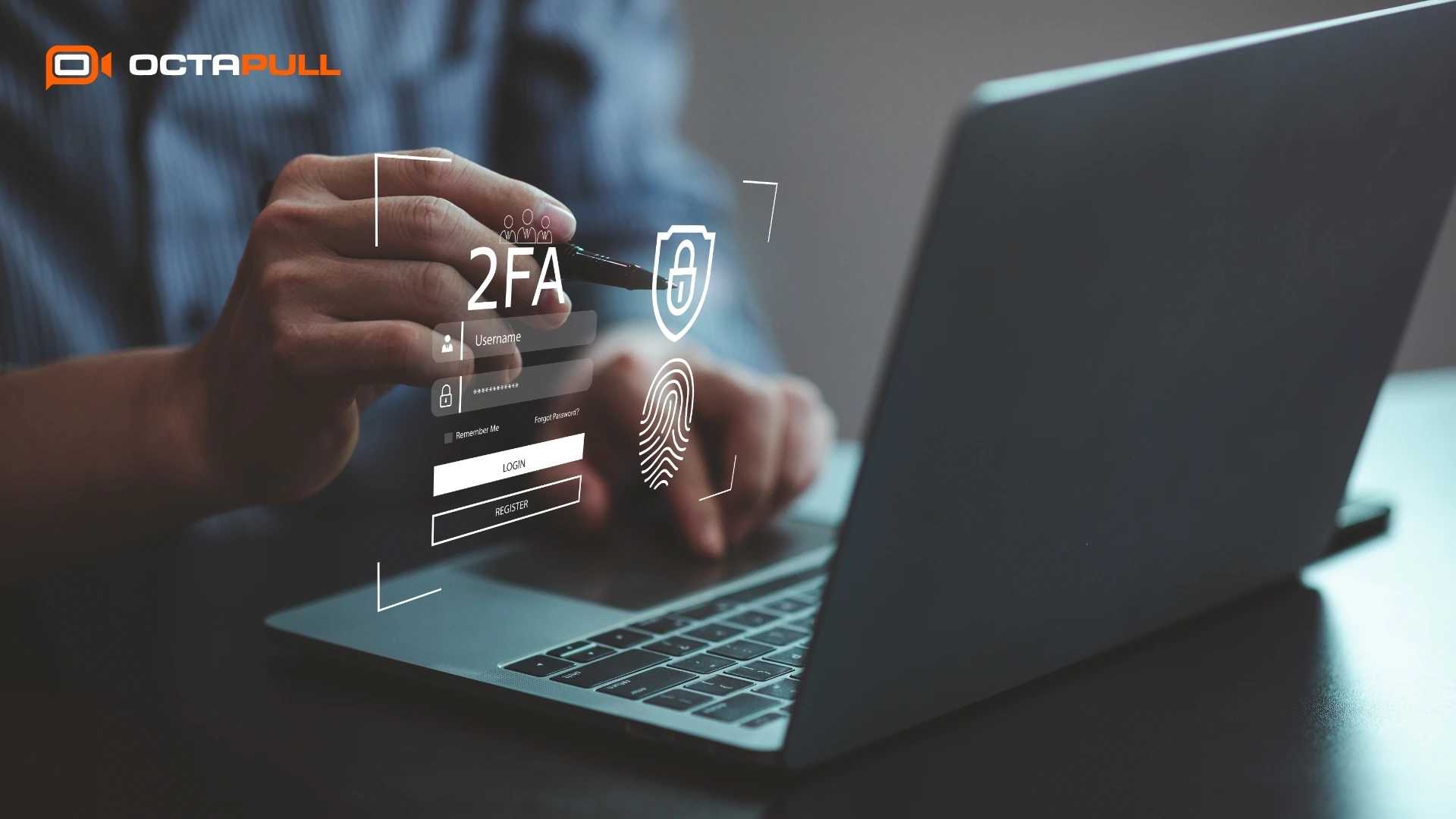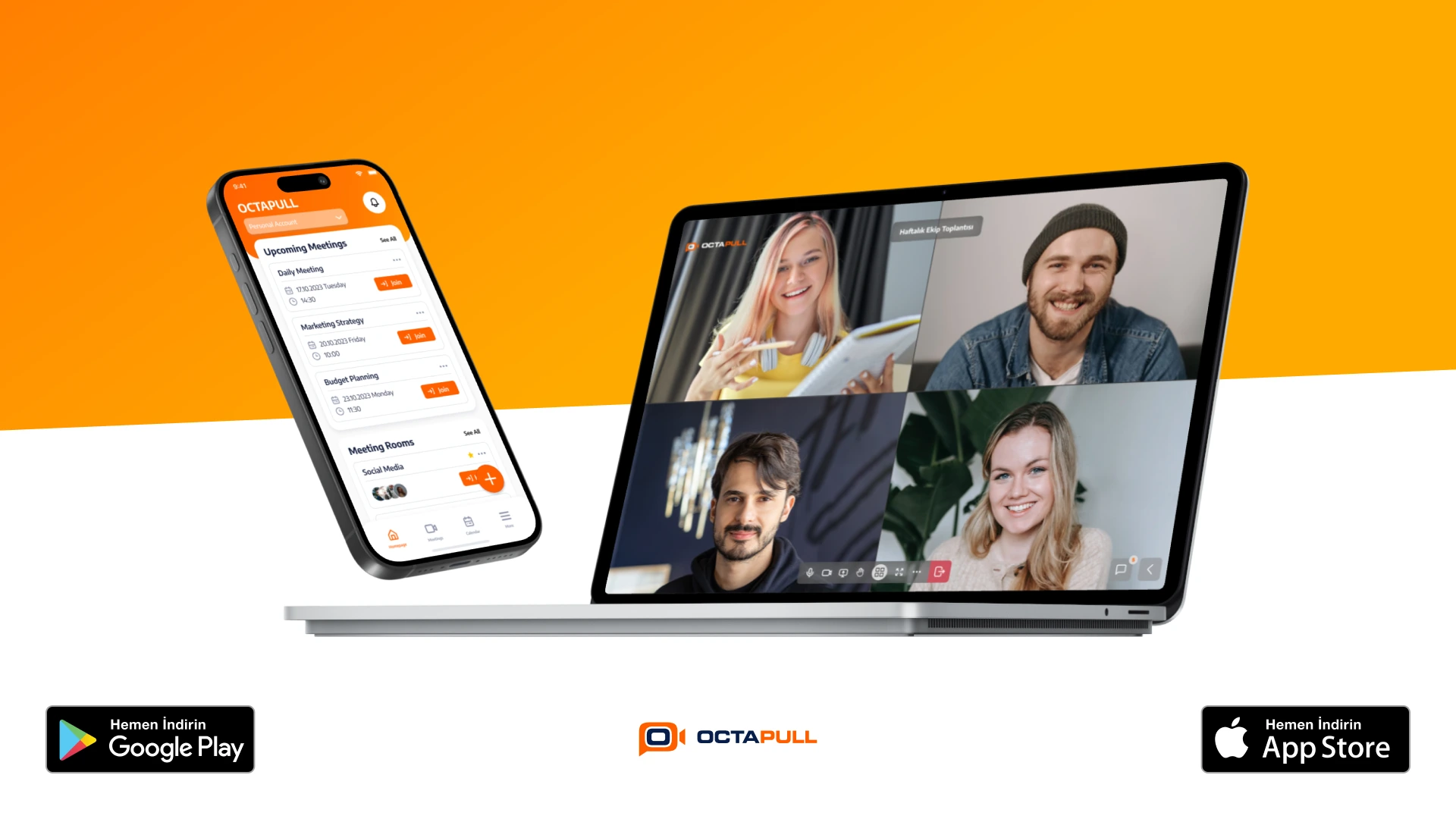In a world where nearly every business interaction happens online, whether it’s a video meeting with a client or sharing files across global teams, cybersecurity is no longer just a technical concern. It is a critical part of running a trustworthy and resilient business.
In 2025, with the rise of remote work, cloud-based tools, and increasingly sophisticated threats, understanding what cybersecurity is and why it matters more than ever is essential for leaders at every level.
This guide breaks it down in simple terms and explores how you can keep your team and data protected in today’s digital-first workplace.
What Is Cybersecurity? 
Cybersecurity refers to the practice of protecting your digital systems, sensitive data, and online communications from unauthorized access, damage, or theft.
It’s about creating digital “locks and alarms” that keep your business safe from both internal mistakes and external threats.
You encounter cybersecurity in action every day, whether it’s a warning about a suspicious email, a prompt to update your password, or a system that keeps your video meetings secure from intruders. Common risks include phishing emails, password breaches, and video meeting hacking.
Why Cybersecurity Has Become a Business Priority in 2025
In 2025, cybersecurity is no longer just an IT concern. It has become a strategic business priority. As more operations move online, the risks grow, and the impact of a breach can be devastating.
A single cyberattack can result in reputation damage, financial loss, legal consequences, and a significant loss of customer trust. For businesses that manage sensitive data, the ability to keep that data secure is critical to maintaining credibility.
At the same time, regulations are becoming stricter. From GDPR to global compliance standards, businesses are now expected to show that they take data security seriously and have proper safeguards in place.
Today, cybersecurity in 2025 means more than installing antivirus software. It is about creating a culture of security, protecting digital assets, and making data privacy part of your business strategy.
In a digital-first world, data protection for businesses is key to staying competitive and earning long-term customer trust.
Cybersecurity Threat Landscape In 2025
The digital environment in 2025 is more connected than ever before, but that also means it is more exposed to risk. As companies adopt flexible work models and cloud-based tools, new cybersecurity challenges continue to emerge.
Remote work creates major security gaps. Many employees still use unsecured home Wi-Fi networks or share personal devices, which can leave sensitive business data vulnerable.
Teleconferencing security is another area of concern. Without proper security, meetings can be hijacked, recorded without permission, or exposed through unencrypted connections. What seems like a private meeting could easily become a security incident.
Cloud collaboration tools offer convenience, but they also introduce risk. If file access and user permissions are not clearly defined, private documents can be accessed by the wrong people. Weak oversight and poor sharing practices only increase the chance of a breach.
To make matters worse, cyberattacks are becoming more intelligent. AI-powered phishing scams and targeted social engineering tactics are harder to detect and more likely to succeed. This makes employee awareness and up-to-date defenses more important than ever.
In 2025, cybersecurity means keeping up with smarter, faster, and more complex threats.
Cybersecurity Threats Businesses Should Be Aware Of 
In 2025, businesses operate in a fast-moving digital world where convenience often comes at the cost of security.
The shift to hybrid work, cloud-first tools, and real-time collaboration has made cybersecurity more complex. Below are some of the most urgent and overlooked risks that every business needs to understand and address.
Remote Work Risks
The rise of remote and hybrid work has extended the office beyond traditional boundaries. While this increases flexibility, it also exposes businesses to new threats.
- Many employees connect from unsecured home Wi-Fi networks that lack proper firewalls or encryption.
- Shared devices with family members or outdated software can become weak points that attackers exploit.
- Without a strong remote access policy, sensitive files and systems may be reachable by unauthorized users.
To stay secure, companies must implement endpoint protection, VPN requirements, and ongoing cybersecurity training for remote teams.
Video Meeting Vulnerabilities
Video meetings are now a core part of how teams communicate, but video meeting security is often neglected.
- Meeting hijacking occurs when unauthorized users gain access and disrupt or spy on calls.
- Unencrypted video meetings can be intercepted, putting confidential conversations at risk.
- Automatic recording features, when not controlled properly, can result in sensitive discussions being stored or shared inappropriately.
To counter these threats, tools must offer end-to-end encryption, meeting passcodes, and host control settings that limit who can join or record.
OctaMeet, a leading high-security video conferencing tool, offers GDPA-compliant meeting services, E2E security, 2FA features, and many more, giving trust to users and corporations who do not want to risk their cyber and digital entity.
Cloud Collaboration Risks
Cloud platforms are essential for modern productivity, but if not managed securely, they create major vulnerabilities.
- Files shared via cloud services can be exposed through improper access settings or public links.
- Lack of granular permissions often means users can view, edit, or delete files they shouldn’t have access to.
- Inconsistent version control and user management make it easy to lose track of who is doing what.
A secure cloud setup requires access control policies, regular audits, and clear file ownership protocols across the organization.
AI-Powered Phishing and Social Engineering
Attackers are no longer relying on generic scam emails. In 2025, many cyber threats are powered by artificial intelligence.
- Phishing emails now use natural language processing to appear more realistic and personalized.
- Deepfake videos or voice calls can be used to impersonate executives or vendors, tricking employees into giving up access or information.
- Social engineering tactics are more sophisticated, making it harder for even tech-savvy users to detect deception.
Organizations must combine advanced threat detection tools with employee training to defend against these evolving techniques.
How OctaMeet Supports Secure Collaboration for Remote & Hybrid Teams 
As the workplace becomes more distributed, businesses need tools that support seamless collaboration without compromising security.
That is where OctaMeet comes in. Designed for the modern hybrid team, OctaMeet offers security features that prioritize video meeting security and data protection for businesses.
1. End-to-End Encrypted Video Conferencing
Every meeting on OctaMeet is protected with end-to-end encryption, which means no one outside the meeting can access the content, not even OctaMeet itself.
This ensures private conversations stay private, preventing leaks, eavesdropping, or unauthorized recordings. Whether you are discussing internal strategy or onboarding a new client, your video meetings are fully secure.
2. Secure File Sharing
With OctaMeet, you can share files directly during meetings or within your team space without relying on third-party tools.
All shared documents are protected with encryption and access controls, ensuring sensitive business data remains confidential. Teams can collaborate on files with confidence, knowing their information will not end up in the wrong hands.
3. Granular Access Control Features
OctaMeet gives admins full control over who can join meetings, view shared content, and edit files. You can assign roles, manage permissions, and limit access to only the people who need it.
This makes it easy to support hybrid teams, where employees, contractors, and external partners may be working from different locations and devices.
4. Designed for Hybrid and Remote Teams
Flexibility should never come at the expense of security. OctaMeet was built for distributed teams who need a reliable platform that keeps their collaboration secure.
Whether your team is fully remote, hybrid, or frequently working across time zones, OctaMeet adapts to your workflow while keeping your data protected.
When it comes to collaboration, trust begins with security. OctaMeet makes it easy to stay connected without putting your business at risk.
FAQs
1. How is cybersecurity used in business?
Cybersecurity is used to protect a business’s data, systems, and communication tools from being hacked or misused. This includes things like securing employee logins, encrypting files, protecting customer information, and keeping video meetings and emails safe from unauthorized access.
2. What business needs cybersecurity?
Every business needs cybersecurity, no matter the size or industry. If a company uses the internet, stores customer information, sends emails, or holds video meetings, it needs protection against cyber threats.
3. Why is cybersecurity important for small businesses?
Small businesses are often targeted by hackers because they usually have weaker security systems. A single attack can lead to stolen data, lost money, and damage to the business’s reputation. Strong cybersecurity helps prevent that and keeps the business running safely.
Conclusion
In 2025, cybersecurity is no longer optional. It is a core part of doing business in a digital world where threats evolve quickly and trust is hard to earn back once lost.
From remote work setups to video meetings and cloud-based collaboration, every digital interaction is a potential entry point for risk.
That is why cybersecurity should not be viewed as a checklist item or a job for the IT department alone. It is a strategic investment that protects your reputation, your clients, and your bottom line.
The smartest businesses are choosing to be proactive instead of reactive. They are building security into their everyday tools and processes so that protection becomes seamless, not disruptive.
A Secure Team Starts with Secure Communication
Try OctaMeet today and give your team a collaboration space that puts security first. From encrypted video meetings to protected file sharing and controlled access, OctaMeet is built to support safe and seamless teamwork, no matter where your people work from.
Sign up for OctaMeet’s 30-day free trial or schedule a demo meeting with our product team!

